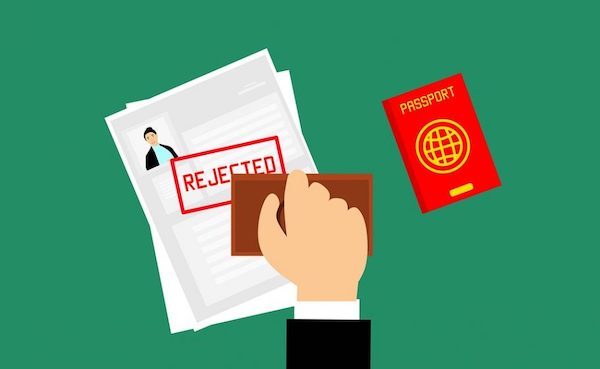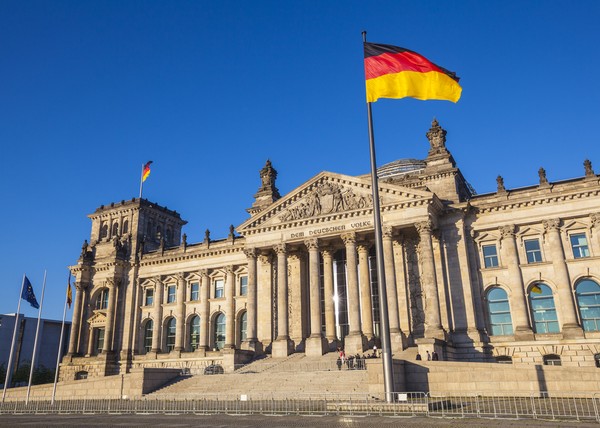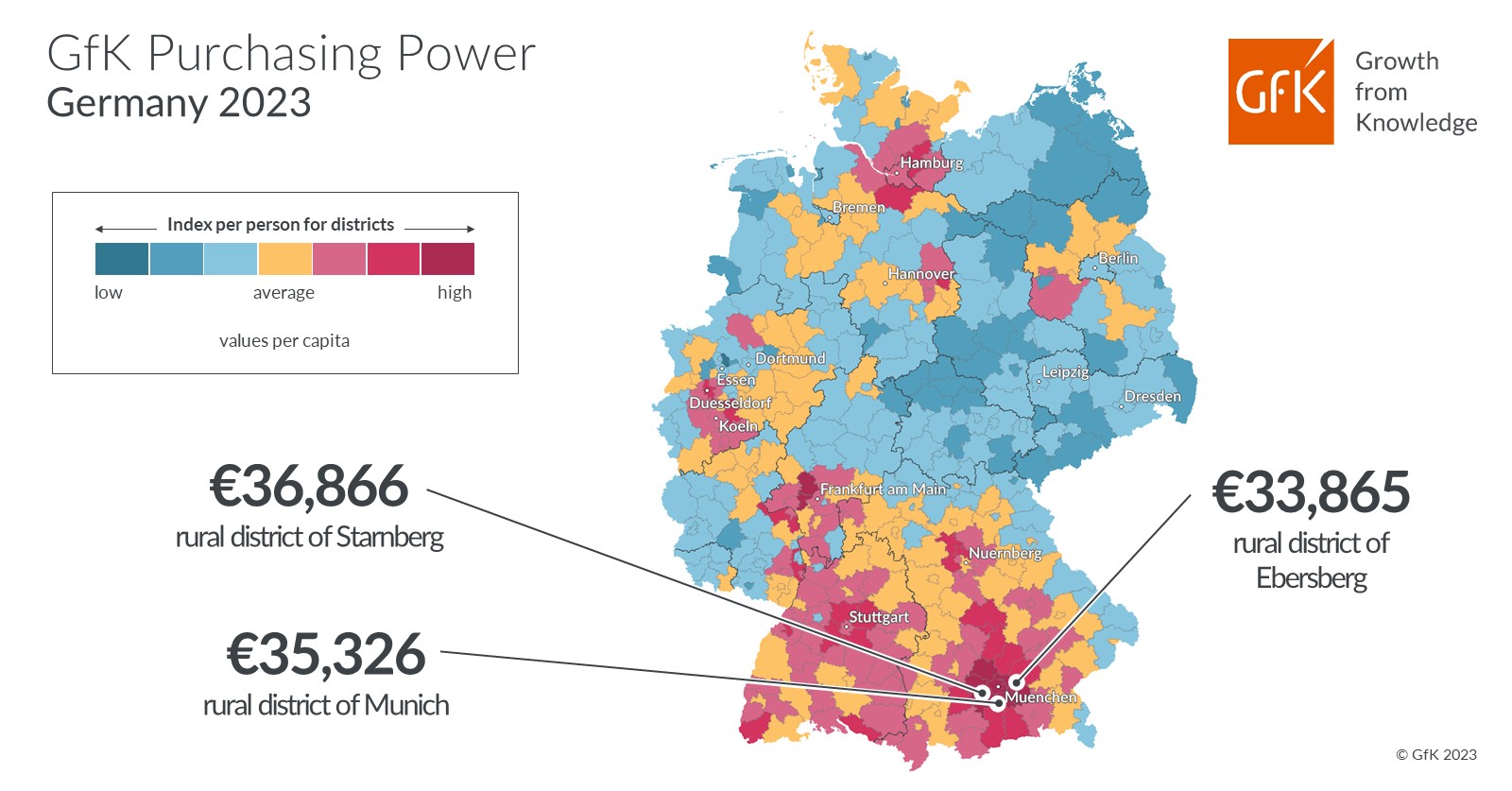Germany’s New Immigration Law of 2023

The new immigration law of Germany has the full name “Gesetz zur geordneten Steuerung der Zuwanderung und zur Aufnahme von Flüchtlingen” (Law on the Controlled Management of Immigration and the Reception of Refugees). This draft law was announced on March 29, 2023, by the German Ministry of the Interior and the Ministry of Labor.
This new law is considered a significant step in Germany’s immigration policy. According to this law, Germany will admit a large number of legal immigrants and refugees to the country in the coming years. In particular, the law will strengthen control over immigration areas and provide specific conditions for legal immigration.
Specifically, the law provides for enhanced control of accommodation facilities for immigrants, especially in large urban areas. Additionally, the law also provides favorable conditions for local authorities to manage immigration areas.
This new law also explicitly stipulates the enhancement of support for immigrants to better integrate into German society. Specifically, the German government will provide vocational training programs, German language courses, and information about life in Germany for new immigrants.
This new draft law is currently being presented to the German Parliament for approval and is expected to be passed in the near future.
According to information from the German Ministry of the Interior and the Ministry of Labor, the new law also includes provisions for managing the scale and reception of immigrants and refugees in Germany. Accordingly, immigrants and refugees will be assessed based on several criteria, including:
- Economic standards: Immigrants must have the ability to take care of themselves and their families, with sufficient financial resources to live in Germany.
- Educational standards: Immigrants must have the necessary educational qualifications and language skills to integrate into German society.
- Security standards: Immigrants must not have a criminal record and must not be involved in illegal or terrorist activities.
Furthermore, the new law also includes provisions regarding the timing and procedures for admitting immigrants and refugees, as well as providing support and resources for them to integrate into German society.
Key points to note in the “Law on the Controlled Management of Immigration and the Reception of Refugees in Germany”
A new point in the “Law on the Controlled Management of Immigration and the Reception of Refugees in Germany” is the relaxation of naturalization requirements after 5 years of residence in Germany, instead of the current 8 years. This means that immigrants who meet the language and cultural requirements will be able to apply for citizenship earlier and become German citizens. However, other requirements regarding security and public order still need to be met to ensure the country’s safety.
The new immigration policy of Germany is built upon a points-based system with five criteria as follows:
- Economic contribution to Germany: Additional points will be awarded to individuals with skills and abilities that meet Germany’s economic needs, such as in industries, trade, agriculture, services, science, and technology.
- Education and qualifications: Additional points will be awarded to individuals with higher education qualifications and internationally recognized degrees.
- Proficiency in the German language: Additional points will be awarded to individuals with good proficiency in the German language, particularly those who can use German in their work and daily life.
- Work experience: Additional points will be awarded to individuals with work experience in occupations that are in demand in Germany.
- Human rights practice and cultural integration: Additional points will be awarded to individuals who demonstrate the ability to adapt to German culture and society, while respecting human rights and individual freedoms.
This law aims to modernize the immigration legislation to attract highly skilled labor from non-European Union countries to address the current labor shortage. The law will be implemented according to the Guidelines (EU) 2021/1883 of the European Parliament and the Council of 20 October 2021 on the conditions of entry and residence of third-country nationals for the purposes of highly skilled employment and the repeal of Directive 2009/50/EC of the Council (EU Blue Card).
Additionally, the law provides favorable conditions for settlement to facilitate the recognition process in Germany. Moreover, a points-based job search system (Chancenkarte) will be established to ensure transparency and simplicity. The removal of the change-of-purpose ban will make it easier for individuals to settle for study and work purposes.
These regulations will be supplemented by changes in the draft decree on the development of immigration for professional labor, focusing particularly on attracting experienced professionals and labor and expediting the visa issuance process.
Organizations have been requested to provide feedback on the draft law, including the Professional Education Development Company ebb, BARIG e.V., the Association of Lawyers of the Republic, the German Agricultural and Forestry Workers’ Union, the German Tourism Organization, TalentRock GmbH, the Association of Rectors of German Academies Abroad, and the German Bar Association. The Federal Cabinet approved this draft law on March 29, 2023.










